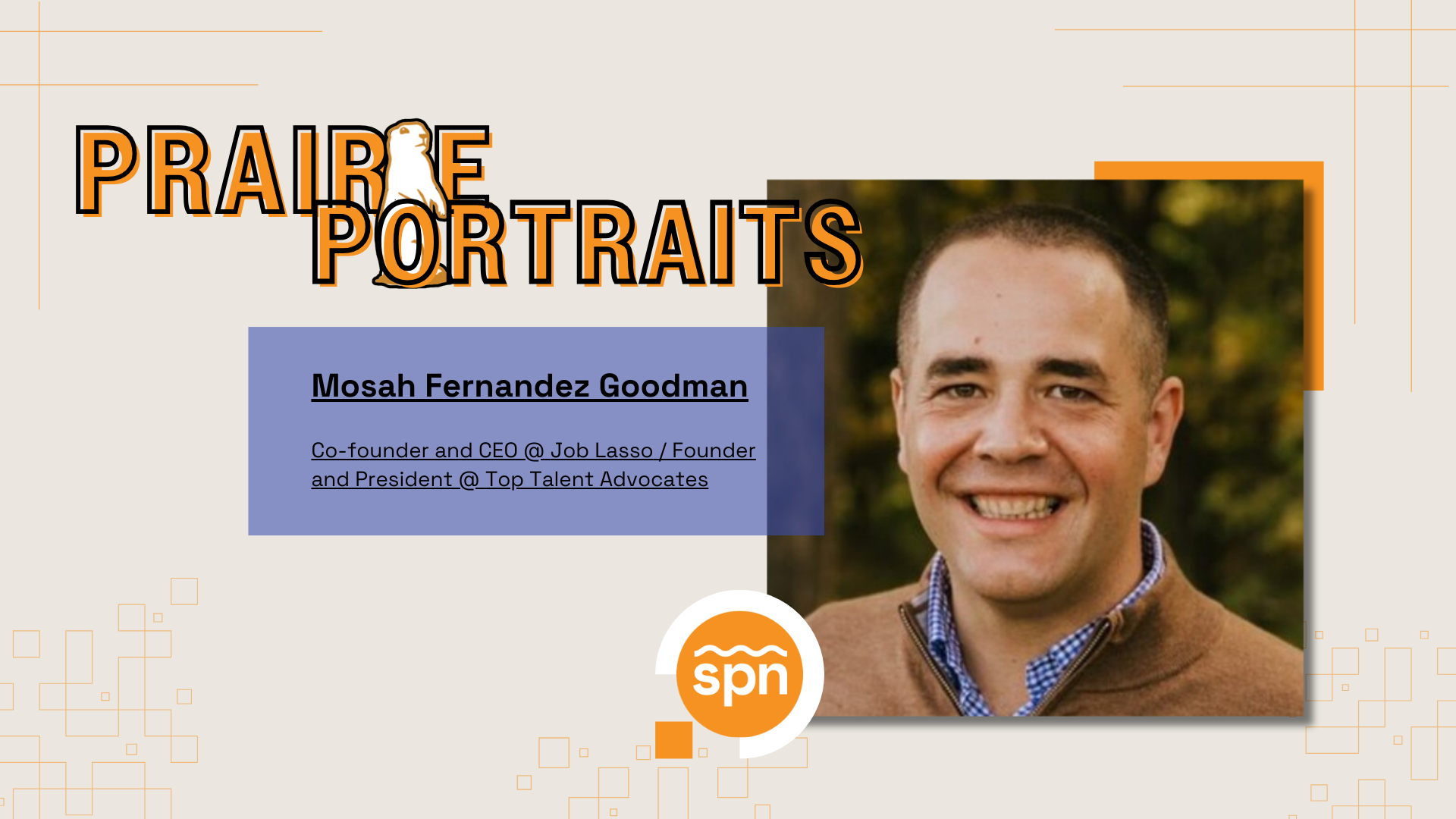
These days it’s tough to get both sides of the political aisle to agree on anything, but last year, then Vice President Joe Biden seemed to pull it off with a “Cancer Moonshot Bill” that garnered bipartisan support. Among other things, the $6.3 billion research bill speeds up the approval of drugs and medical devices used in the treatment of cancer. One company on the forefront of that field is the Coralville, Iowa startup Immortagen, which is using big data and artificial intelligence to develop individualized treatments for cancer patients.
How Immortagen works
Immortagen formed in 2014 as a University of Iowa spinoff company when four university researchers were discussing how slow academic research could be. They started discussing ways to speed up the process by commercializing their academic discoveries.
“We could really only impact the care of our patients here,” said Kristi Thiel, Ph.D., a co-founder and VP for Business Development at Immortagen. “By commercializing, we have the potential to partner with many different companies, like pharmaceutical, sequencing and diagnostic companies, to expand the breadth of people we can help.”
Thiel said that when a patient is diagnosed with cancer, a doctor goes through the standard protocol for that type of cancer based on decades of historical data. That includes smokers, non-smokers, people with healthy and unhealthy lifestyles, and genetic predispositions for cancer. The goal with Immortagen is to provide personalized medical care for cancer patients.
“The goal is to take a tumor that has been genetically sequenced and identify the driver mutation; what’s driving the cancer,” said CEO Kurt Heiar. “That’s what needs to be addressed in clinical trials or therapies. It’s an individual genetic fingerprint. All we’re really doing is finding what the gap is to use genetics to treat tumors.”

Immortagen is still in a pre-revenue, R&D stage and just completed a seed round in the third quarter of 2016, and intends to offer a larger equity round in mid to late 2017. The company has two patents filed to date and is developing its IP platform. Immortagen was named the University of Iowa Startup of the Year in 2016 and was in the top three in the John Pappajohn Business Plan Competition last year.
From researchers to business people
Figuring out how to commercialize research was a new experience for the Immortagen team.
“There’s quite a learning curve in starting a business,” Thiel said. “We feel fortunate to be in the state of Iowa because there are a great deal of resources available to learn from. We had a lot of ideas going in, probably enough for three companies. We learned a lot about drilling down and focusing on one thing and doing it well.”
One early move after talking with pharmaceutical companies, diagnostics companies and CEO Heiar, lead Immortagen to pivot from being a B2C company to B2B.
“Doing that makes it easier to get treatment to patients faster and better partner with pharmaceutical companies developing drugs,” Thiel said.
Finding the right treatment for the right patients
Thiel said the major bottleneck in using big data to treat cancer is how to interpret that data. She hopes the algorithm platform Immortagen has developed will make that interpretation smoother.
“The biggest problem is not treating patients with the right drug at the right time,” Thiel said. “If we can treat a patient with the right drug to target the driver mutation, there’s a much better chance of long-term remission. Our goal is to make every patient an exceptional responder.”
—
Joe Lawler is a freelance reporter based in Des Moines.




